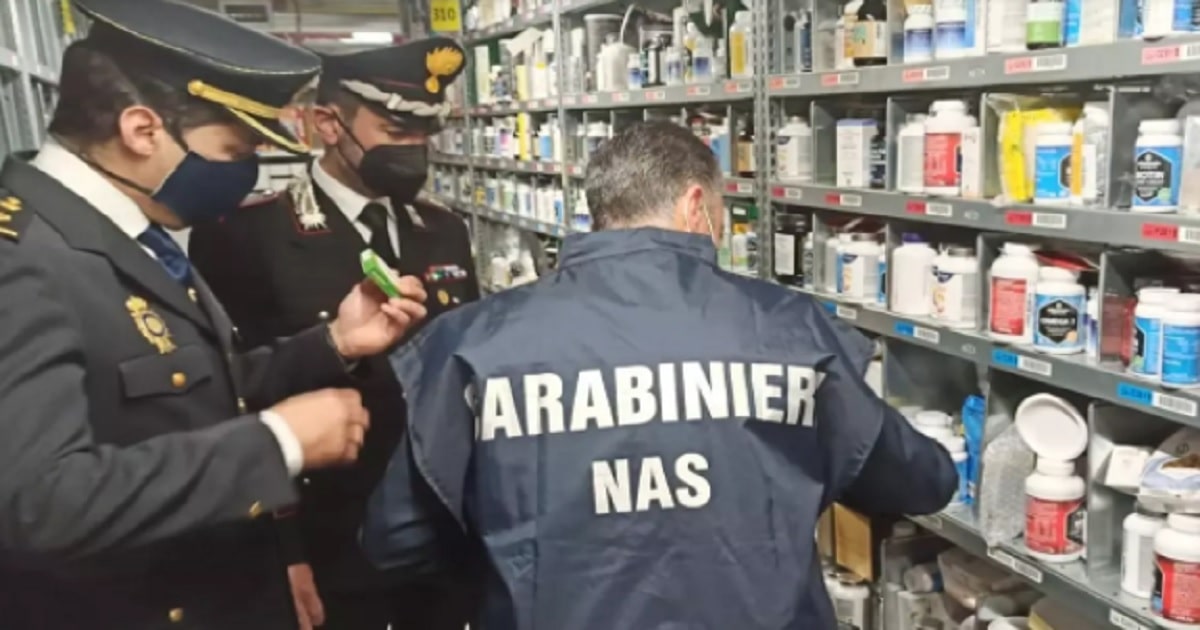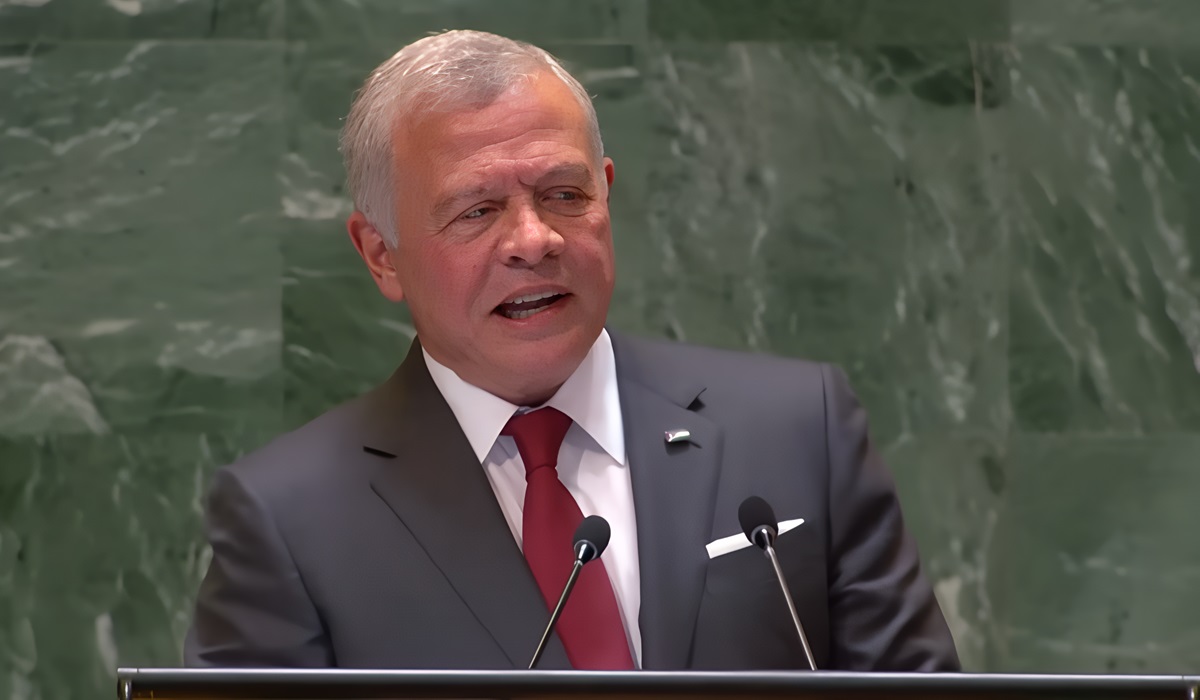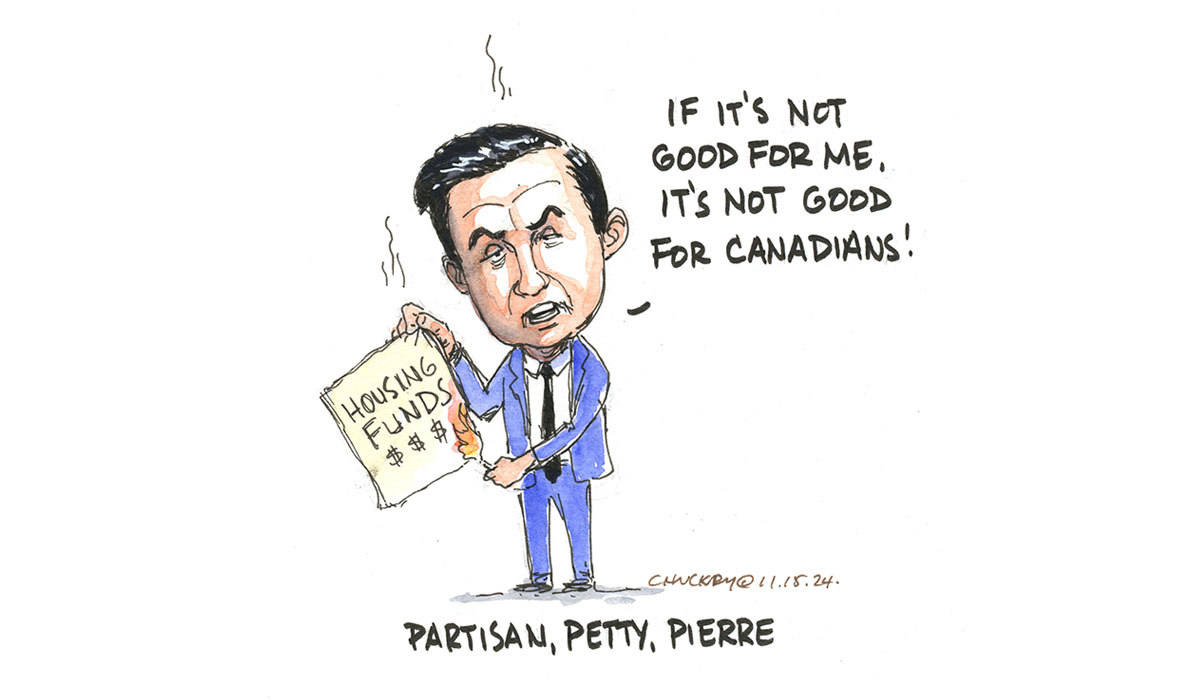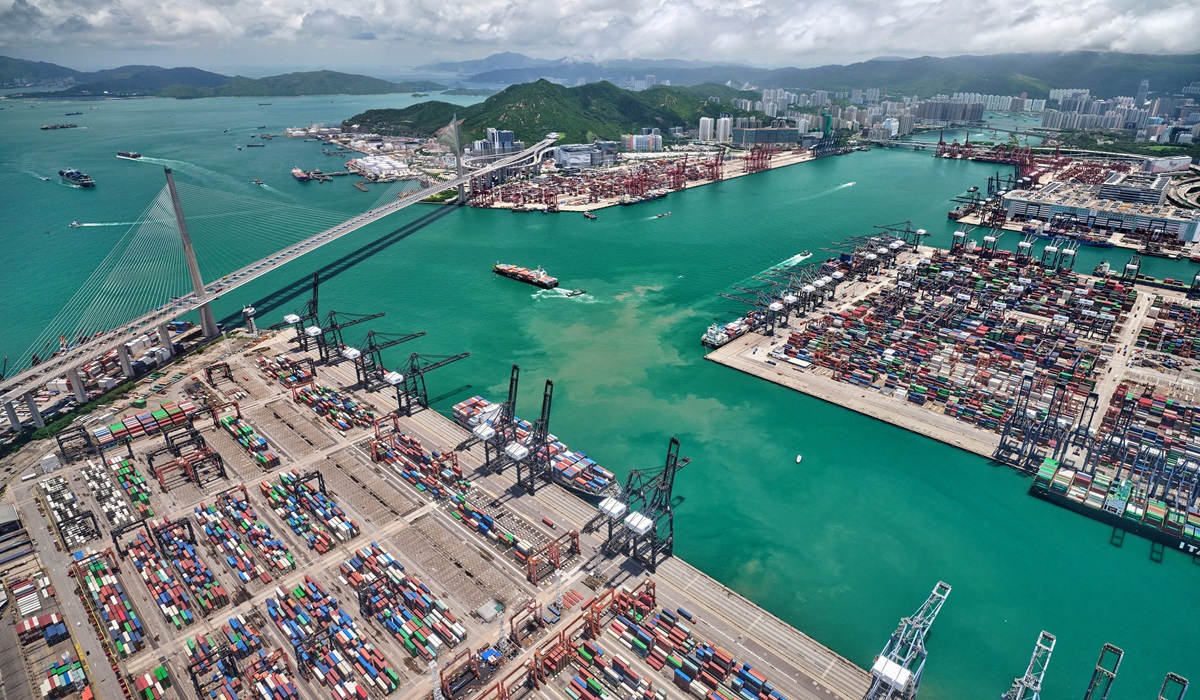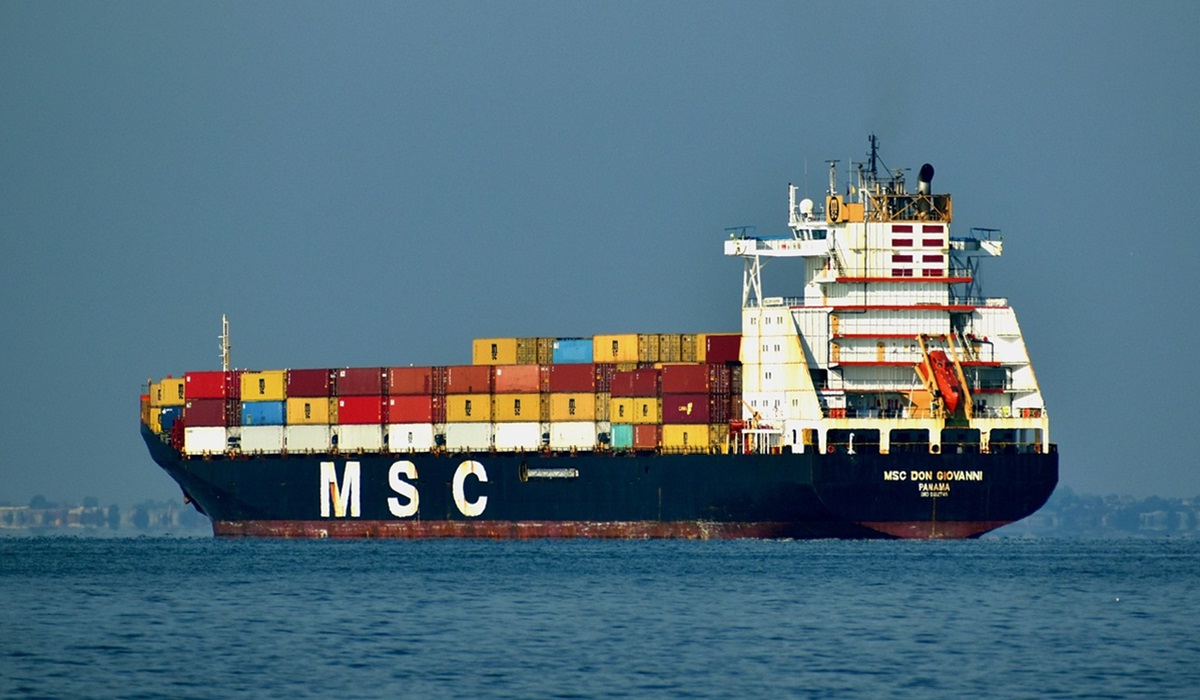More than 6,500 doping checks performed during Europe-wide operation Shield II
Europol coordinated operation Shield II, a global effort to target trafficking of counterfeit and misused medicines and doping substances. The operation was led by the French Gendarmerie (Gendarmerie Nationale/OCLAESP), the Finnish Customs (Tulli), the Hellenic Police/Financial Police Division (Ελληνική Αστυνομία / Διεύθυνση Οικονομικής Αστυνομίας) and the Italian Carabinieri Corps (NAS Carabinieri). It also involved law enforcement authorities from 26 countries (20 EU Member States and 7 third-party countries), the European Anti-Fraud Office (OLAF), the World Anti-Doping Agency and the private sector. The operation took place from 1 April to 15 October 2021.
The illegal consumption of medicines out of the regulated medical supply chain generates demand for the trafficking of illegally obtained genuine medications and of counterfeited pharmaceutical products. Medicines are abused for different reasons, including psychotropic or performance-enhancing effects. Users inject non-injectable products such as sublingual pills, patch contents, and eye-drops, or consume them without a medical prescription.
The abuse represents a significant threat to users’ health. Even greater is that posed by the use of counterfeit medications. Contrived in underground labs with no hygiene or security procedures in place, these products often contain harmful ingredients. Since the beginning of the COVID-19 pandemic, criminals have further invested efforts into counterfeiting medications that are in the highest demand. To increase their profits, criminal networks have focused on distributing fake “corona-cures” and counterfeiting medical devices and sanitisers, which are then sold online.
During Operation Shield II, law enforcement officers targeted criminal groups trafficking doping substances (hormone and metabolic regulators) and various medications such as anti-cancer drugs, erectile dysfunction medicines, pseudoephedrine, painkillers, antioestrogens, antivirals, hypnotics, antihistamines and anxiolytics.
Doping and “corona-cures” at the top of the seizures list
Traffickers target mainly non-professional athletes, selling illegal doping substances mostly either through social media accounts or in person. Many athletes from certain sports groups are often interested in doping substances, with products differing from one sport to another depending on the desired enhancement effect. The illegal market of performance-enhancing drugs has remained relatively unchanged, while the amount of COVID-19-related medicinal trafficking has significantly decreased. Law enforcement authorities have intercepted several fraud attempts targeting national bodies, offering medicines and medical devices such as facemasks and sanitisers. At the same time, the widespread availability of COVID-19 vaccines within the legal supply chain created a disadvantageous situation for criminals seeking to feed an illegal market.
Operational highlights
Fake food supplements off the market
Adverts for food supplements, claiming to be made of natural ingredients but in fact containing the pharmaceutical ingredient Sildenafil, were spotted online. The investigation by law enforcement authorities under Operation Shield in Italy and Spain led to six arrests and the seizures of 2 500 packages of food supplements.
Underground lab closed
Spanish authorities dismantled an underground lab and arrested 21 individuals. During the raids of 20 locations, the officers seized more than 3 million doses of medicines and 65 kg of active ingredients. The lab produced two “brands” with 30 sub-products and had the capacity to manufacture 1000 kg of drugs per year.
| Operation Shield II in a Nutshell | Seizures include |
| Seizures worth nearly €63 million More than 25 million units of medicines and doping substances seized 544 suspects arrested 634 individuals reported to judicial authorities 33 organised crime groups investigated 37 companies investigated 5 clandestine laboratories seized 283 websites shut down 1 029 websites monitored 1 397 judicial cases opened 2 809 athletes controlled ‘in competition’ (28 positive) 3 919 athletes controlled ‘out competition’ (4 positive) | 3 million COVID-19 medical devices units 3.5 million packages of medicines 18.5 million tablets 600 000 vials/ampoules 2 500 litres of raw materials 47 tonnes of raw materials |

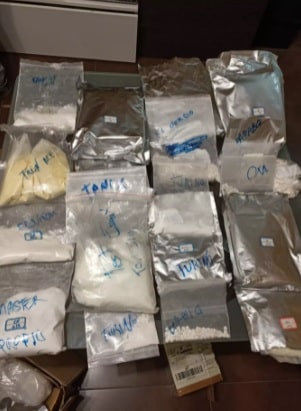
Illegal production of sedatives targeted
A joint investigation of Hungarian and Norwegian authorities, supported by Eurojust, led to the dismantling of a criminal network producing fake medicines in Hungary and selling them in Norway. The actions led to five arrests and the seizures of 9 million counterfeit tablets, two tablet machines, more than a hundred thousand medicine bottles, and tens of thousands of stickers used to mark bottles.
Catherine De Bolle, Europol’s Executive Director highlighted:
“Joint law enforcement efforts have successfully curtailed the trafficking of COVID-19-related counterfeit pharmaceuticals. Fewer seizures of COVID-19-related drugs during Operation Shield II show that the rapid analysis of the situation and the proactive approach from the start of the pandemic has confined the spread of potentially dangerous counterfeits. On the other hand, the use and trafficking of illegal doping substances is a growing threat for the safety of society and the health of athletes. Operation Shield II strengthens the fight against doping by bringing regulators and law enforcement authorities closer, to ensure healthier sport and safer treatments.”
OLAF Director-General Ville Itälä said:
“Under Operation SHIELD II, OLAF led a targeted action against counterfeit and substandard hormonal substances, food supplements and medicines for erectile dysfunction. 17 EU countries took part in the targeted action. Together, we discovered various irregularities and kept away from the EU market 254 731 tablets and 131 027 vials of various medicines, as well as 278 kg of food supplements. It is quite sad to see how criminals will not hesitate to put people’s health on the line to make profit. I am pleased that we could once again work closely with Europol and with national authorities to protect the health of consumers, public revenues and legitimate business.’’
Europol supported the investigation with operational coordination and analysis. Europol supported the actions through the deployment of experts on-site to crosscheck operational information in real-time and provide support to the investigators in the field. Europol also provided technical expertise during the operational activities.
Europol’s IPC3 (Intellectual Property Crime Coordinated Coalition), which supported the investigation, is a project to combat intellectual property crime co-funded by the EUIPO (European Union Intellectual Property Office).

